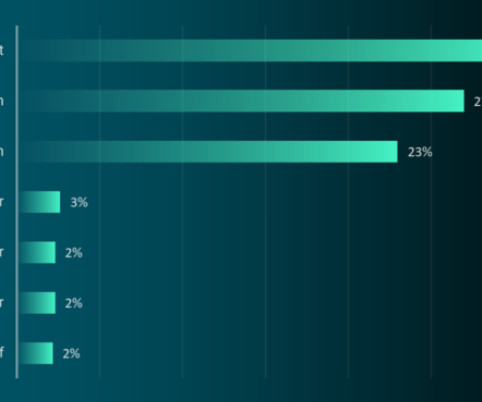Cybercrime Rapper Sues Bank over Fraud Investigation
Krebs on Security
AUGUST 7, 2024
In January, KrebsOnSecurity wrote about rapper Punchmade Dev , whose music videos sing the praises of a cybercrime lifestyle. That story showed how Punchmade’s social media profiles promoted Punchmade-themed online stores selling bank account and payment card data. PNC Bank did not respond to a request for comment.



















Let's personalize your content